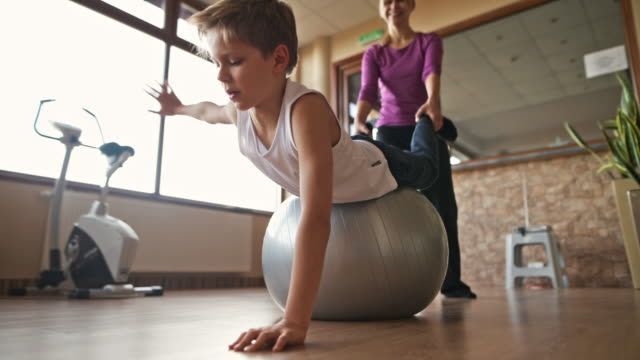
There's very little more that fustrates me than seeing obese parents, coupled right beside them.. their overweight/obese children.
The world today is not designed for anybody to be active, a mere 200 years ago; automobiles, electronic devices, uber eats, fast food and mind-consuming short-form social media content did not exist, therefore people had more of a reason to go out, move and exercise
200 years of drastic change in our 500,000 year evolution is unprecedented, how have our bodies reacted to it? We have put on weight!
This is particularly prevalent in Asian families, not to say non-asian children are not obese, but as a british-born Indian growing up in a semi-cultured household here are the problems I have experienced and how we can challenge this

No emphasis on physical activity
Sometimes, little effort is made in regards to the child's physical health, education is seen as the utmost important thing. Children who grow up into their teens without a consistent level of physical activity, and continue the same pattern into their adulthood are more likely to develop health problems.
In addition to its physical benefits, being active also fosters social development among children. Team sports and group activities provide opportunities for children to develop important social skills such as teamwork, communication, and cooperation.

Unbalanced diet
A diet high in refined carbohydrates has been associated with weight gain and an increased risk of obesity, which can have long-term health implications. It's essential to prioritize a balanced dinner with a mix of proteins, healthy fats, and complex carbohydrates to support overall health and provide sustained energy without negatively impacting sleep and metabolic health.
Plate of rice, 3-4 roti's and an oily curry is the standard for a dinner in any Indian household, a carbohydrate-heavy dinner accompanied with inactivity is a recipe for disaster.
Introduce traditional Indian dishes made with whole, unprocessed ingredients, and limit the intake of fried or heavily processed foods. Emphasize the importance of a balanced diet, including a mix of vegetables, fruits, whole grains, lean proteins, and dairy products
"Everything in moderation"

The real cause of obesity in children
Starting the day with cocopops, peanut butter, nutella, blue top milk, chocolate milk, bars of chocolate, and then snacking on sweets throughout the day, going home to carb-heavy, oily and/or fried traditional indian food, spending the rest of the evening playing on a game console. Next day? Repeat the cycle
If you want to set the tone for long-lasting health in your own life or for your children, Elite Fitness Performance can help

Start Today!
Ready to transform your fitness journey? Take the first step towards achieving your goals with personal training!
My take on Health and Fitness



